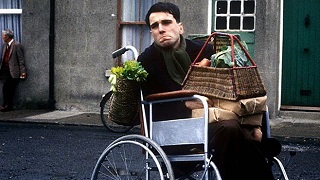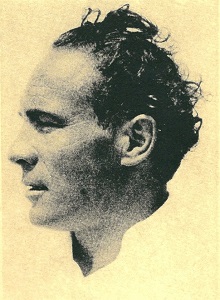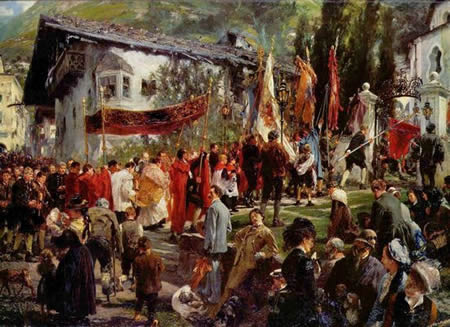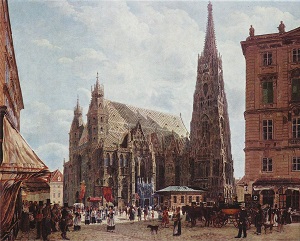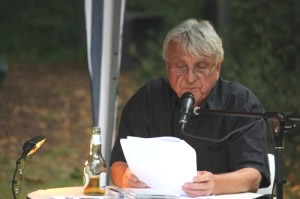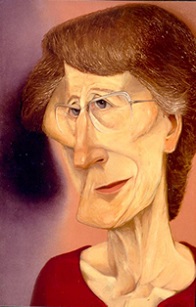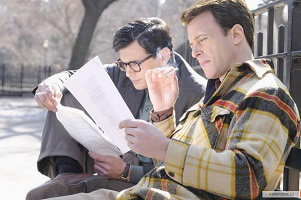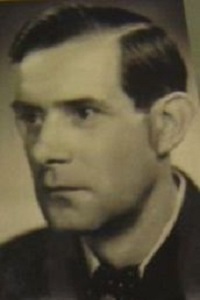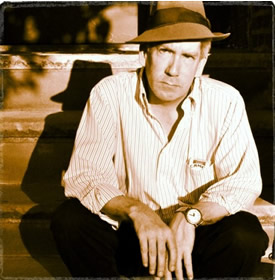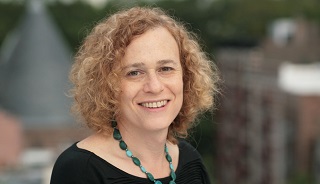De Engelse schrijfster Margaret Drabble werd geboren op 5 juni 1939 in Sheffield, Yorkshire. Zie ook alle tags voor Margaret Drabble op dit blog.
Uit: The Millstone
“When, some years after the Hamish episode, I found that I was pregnant, I went through slightly more than the usual degrees of incredulity and shock, for reasons which I doubtless shall be unable to restrain myself from recounting: there was nobody to tell, nobody to ask, so I was obliged once more to fall back on the dimly reported experiences of friends and information I had gleaned through the years from cheap fiction. I never at any point had any intention of going to a doctor: I had not been ill for so many years that I was unaware even of the procedure for visiting one, and felt that even if I did get round to it I would be reprimanded like a school child for my state. I did not feel much in the mood for reproof. So I kept it to myself, and thought that I would try at least to deal with it by myself. It took me some time to summon up the courage: I sat for a whole day in the British Museum, damp with fear, staring blankly at the open pages of Samuel Daniel, and thinking about gin. I knew vaguely about gin, that it was supposed to do something or other to the womb, quinine or something, I believe, and that combined with a hot bath it sometimes works, so I decided that other girls had gone through with it, so why not me. One might be lucky. I had no idea how much gin one was supposed to consume, but I had a nasty feeling that it was a whole bottle: the prospect of this upset me both physically and financially. I grudged the thought of two pounds on a bottle of gin, just to make myself ill. However, I couldn’t pretend that I couldn’t afford it, and it was relatively cheap compared with other methods, so I grimly turned the pages of Daniel and decided that I would give it a try. As I turned the pages, a very handy image, thesis-wise, caught my attention, and I noted it down. Lucky in work, unlucky in love. Love is of man’s life a thing apart, ’tis woman’s whole existence, as Byron mistakenly remarked.”
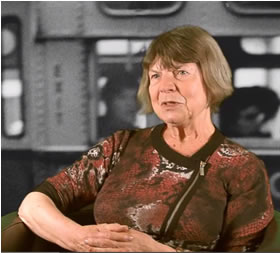
Margaret Drabble (Sheffield, 5 juni 1939)

